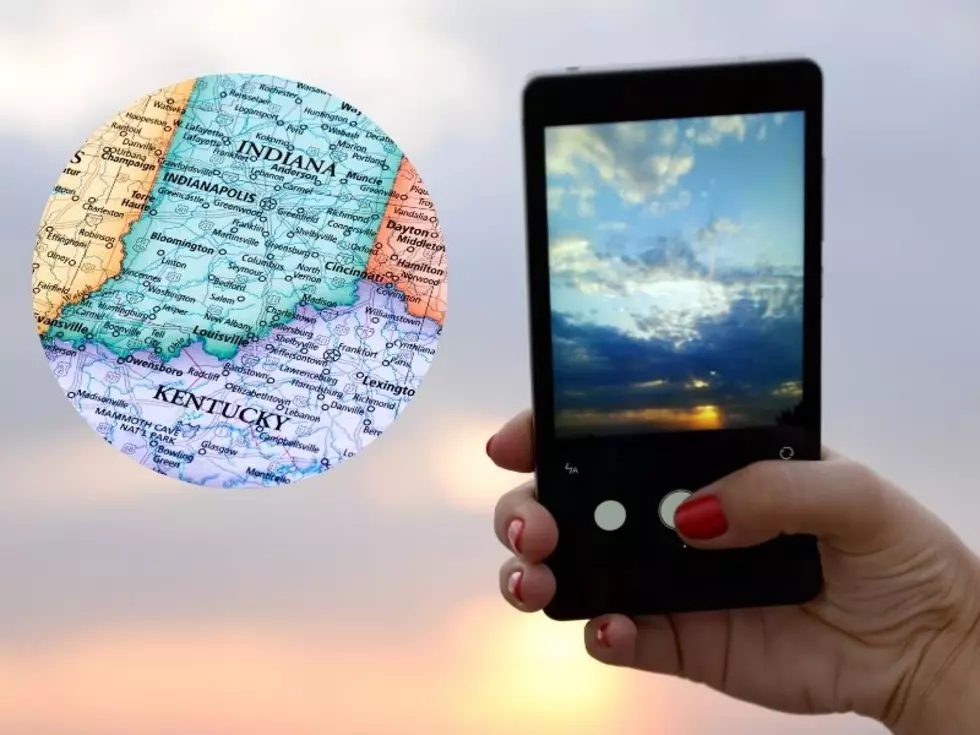
Two Nino’s? Simple Ways to Prevent Identity Theft
Yesterday I discovered that someone had hacked my PayPal account from Europe and tried to charge 10£ (14.42 USD) on a monthly recurring basis! Had I not been checking my back account like I do on the regular, they might have gotten away with it. My bank put an instant freeze on my card and refunded the money to my account, but had I not caught it so quickly, the process could have been a lot harder.
People make the false assumption that just because you don't have a LOT of money in the bank, cyber-thieves won't bother you...WRONG! We are the main targets because most regular people don't have any kind of Identity/Fraud Protection in place. But just checking you accounts and credit scores regularly can make all the difference.
Here are some other tips according to USA.gov on how to prevent identity theft and fraudulent purchases:
- Secure your social security number (SSN). Don’t carry your social security card in your wallet or write your number on your checks. Only give out your SSN when absolutely necessary.
- Don’t respond to unsolicited requests for personal information (your name, birthdate, social security number, or bank account number) by phone, mail, or online.
- Watch out for “shoulder surfers.” Shield the keypad when typing your passwords on computers and at ATMs.
- Collect mail promptly. Ask the post office to put your mail on hold when you are away from home for several days.
- Pay attention to your billing cycles. If bills or financial statements are late, contact the sender.
- Review your receipts. Promptly compare receipts with account statements. Watch for unauthorized transactions.
- Shred receipts, credit offers, account statements, and expired cards, to prevent “dumpster divers” from getting your personal information.
- Store personal information in a safe place at home and at work.
- Install firewalls and virus-detection software on your home computer.
- Create complex passwords that identity thieves cannot guess easily. Change your passwords if a company that you do business with has a breach of its databases
Also, Order your credit report once a year and review to be certain that it doesn't include accounts that you have not opened. Check it more frequently if you suspect someone has gained access to your account information.
More From WDKS-FM









